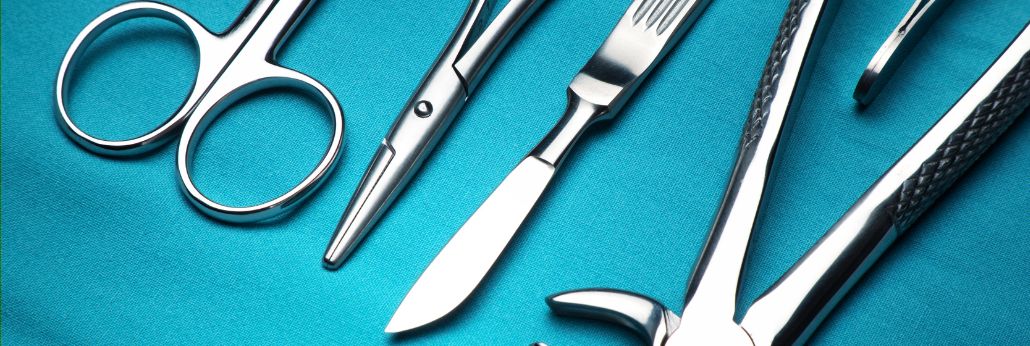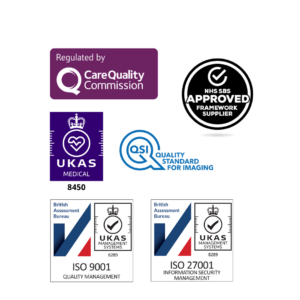What is your appendix and what is its purpose?
Your appendix is a small narrow-necked 10cm/four-inch-long tube attached to the caecum, which is where your small bowel joins your large bowel. Its purpose is unclear, although it contains many immune cells and is thought to play some part in our immunological defences.
What is appendicitis?
Situated just above the right groin, appendicitis is due to your appendix becoming inflamed. Initially, you will develop pain around your umbilicus (tummy button). As the appendix becomes more inflamed it touches the abdomen wall and you then start to feel the discomfort move from the centre down to the right groin.
How do you treat appendicitis?
The usual treatment for appendicitis has been to remove it. The fear is that it might perforate and leads to peritonitis and possible death. However, this traditional treatment is increasingly being challenged.
Treating appendicitis with antibiotics or surgery
A paper from the British Medical Journal (BMJ) discusses a recent study which was in the American College of Surgeons journal comparing antibiotic treatment with traditional surgical removal.
The researchers studied 1552 patients across 25 hospitals and compared patients treated with a 10-day course of antibiotics versus the usual surgical removal. They concluded that antibiotics were ‘not inferior’ to an operation as judged by patients completing a quality-of-life questionnaire 30 days after the event. However, by 90 days, more than a quarter of the antibiotic group had gone on to have an operation.
Complications were also more frequent in the antibiotic group.
The take-home message however is pretty clear – seven out of 10 patients with appendicitis avoided the need for surgery. But of course, no operation is without risk, so initially using a conservative treatment is undoubtedly the safest approach.
 OUR BLOG
OUR BLOG

 Paul Zollinger-Read CBE
Paul Zollinger-Read CBE




